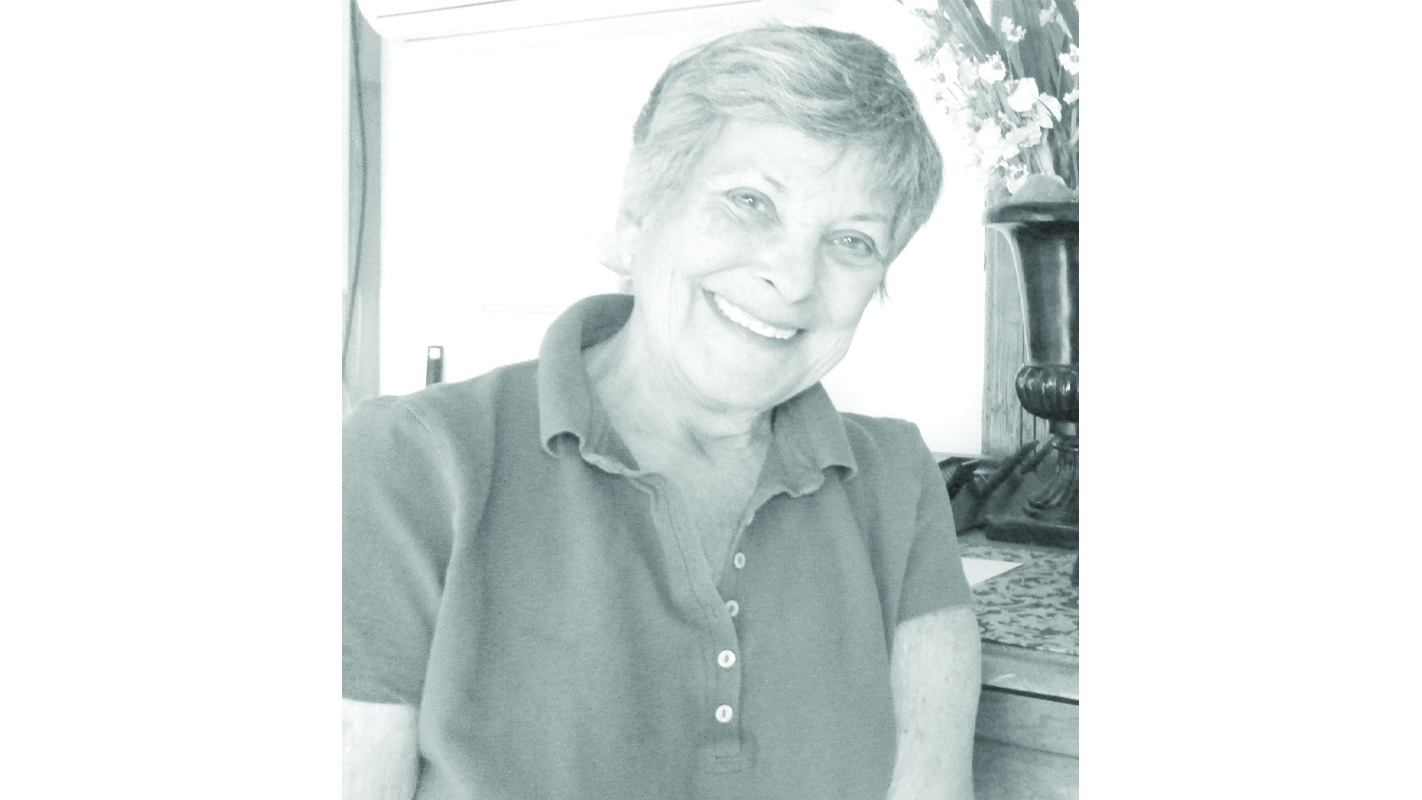By Dian Cohen
Is money – making it, spending it, saving it, investing it, protecting it – a priority for you? If so, what have you done or are doing to ensure that you achieve your personal priorities? What about your kids? Do they have a good handle on the five “musts” above? You have to know that unless you constantly practise the five “musts”, there is a world of hurt out there among the people who will be happy to take your money away from you.
I googled “financial literacy for youth Canada” and within .53 seconds I had 18 million different entries to read. Pretty overwhelming.
Among the first few links were the Government of Canada, with dozens of downloadable modules that “provide basic information and tools to help people manage their personal finances and gain the confidence they need to make better financial decisions”; Junior Achievement, who’ve been educating kids in financial literacy for 66 years, and the Canadian Bankers Association who’ve been doing it since 1900.
Does all this activity mean that Canadians in general, and young Canadians in particular regularly practise good financial decision-making? The evidence is unclear. A 2017 global report published by the Organisation for Economic Co-operation and Development (OECD) indicated that Canadian 15-year-olds exceeded the OECD average in performing tasks associated with advanced levels of financial literacy. Yet the same survey found that only six out of 10 Canadians could correctly answer five of seven financial knowledge questions.
And many of the online blogs are forehead-slappers when it comes to ignorance. “One guy thought a credit card was literally free money from the bank,” says a bank clerk.“ “By far the worst and most frequent poor financial decision: going into overdraft – they just don’t get that going into overdraft can snowball into a debt nightmare – they don’t monitor their accounts,” said another blogger, who concludes, “Mistakes happen, but we have phone apps for a reason. We are long past the point where you can say “I don’t know what’s in my account. It’s 2021. Download a bank app and check it daily. This act alone will save you thousands over the long term.”
If you’re still at home with your kids, you have a terrific opportunity to direct them – or put in some time educating yourself. What you need to know can easily be found online (18 million entries!) Google any topic you want – but be aware of the source of the information – banks, insurance companies, tax preparers would all like your business. In most cases their information is sound, but it’s important to know what they get out of offering you a “free” education. Whether you’re a Boomer (born 1946 to 1964, Gen Xer (born 1965 to 1980), Millennial (born 1981 to 1996), Generation Z (born 1997 or after) or Gen Alpha (born 2010 or after) there’s new stuff you can take advantage of to improve your financial decision-making and even life decision-making skills.
It’s a really good idea to look beyond the financial literacy entries. The end point of these questions is to allow you to live the life you want. Financial success is far more about how you behave than what you know. One of the very best books to explore this is “The Psychology of Money” by Morgan Housel. Some of his key takeaways:
The hardest financial skill is getting the goalpost to stop moving. And to do that, you have to stop comparing yourself to others, and start determining what is “enough” for yourself.
No one is impressed by your possessions as much as you are.
Past a certain level of income, what you need depends only on your ego.
You need to add room for error and avoid financial ruin. Leverage—going into debt—pushes routine risk into potential for ruin.
Everything has a price. The price of immediate consumption is much more visible than the price of neglecting long-term investment.
Know what game you are playing and avoid taking financial cues from people playing a different game.
Stories are the most powerful force in the economy. Beware the stories you tell yourself.
You’ll find the how-to’s in financial literacy articles. You’ll find the what-to’s and the why’s — and maybe even yourself — in the psychology of money section.
Dian Cohen is an economist and a founding organizer of the Massawippi Valley Health Centre.
Cohendian560@gmail.com.






